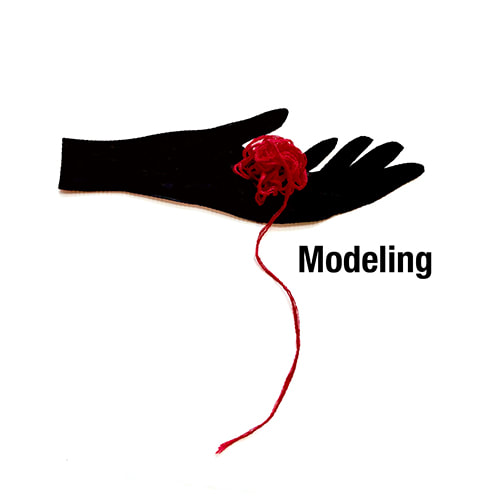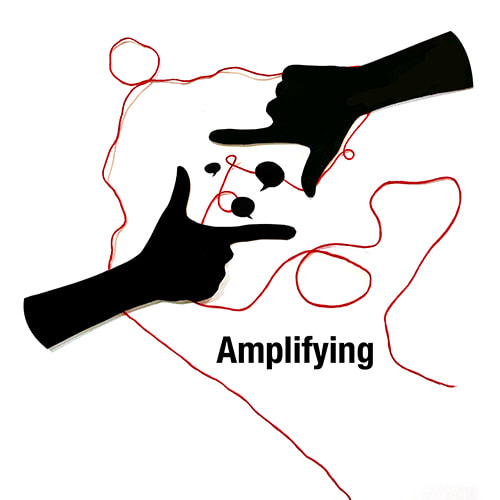Learner-Centered MOOCs
Our design experiments with student-centered learning at scale in the Creative Computing Online Workshop led us to wonder how others were designing and facilitating this type of learning. We identified and interviewed four teams of educators who were highly regarded as designers and facilitators of learner-centered, in-person educational experiences and who were experimenting with MOOCs as a way of fostering similar learning experiences in an online environment.
Educators identified six actions as important to negotiating their pedagogical aspirations and the realities of online learning at scale: (1) giving up control, (2) distributing facilitation, (3) being live, (4) amplifying, (5) modeling, and (6) being explicit. These actions emerge from the negotiation between existing pedagogical aspirations and the realities of a new medium, highlighting how they involve facilitators both stepping back (making space for and foregrounding learner expertise and perspectives) and stepping in (intervening and directing as a facilitator).
- Blum-Smith, S., Yurkofsky, M., & Brennan, K. (2021). Stepping back and stepping in: Facilitating learner-centered experiences in MOOCs. Computers & Education, 160, 104042. https://doi.org/10.1016/j.compedu.2020.104042
- Yurkofsky, M., Blum-Smith, S., & Brennan, K. (2019). Expanding outcomes: Exploring varied conceptions of teacher learning in an online professional development experience. Teaching and Teacher Education, 82(June 2019), 1–13. https://doi.org/10.1016/j.tate.2019.03.002
- Brennan, K., Blum-Smith, S., & Yurkofsky, M. (2018). From checklists to heuristics: Designing MOOCs to support teacher learning. Teachers College Record, 120(9). https://journals.sagepub.com/doi/10.1177/016146811812000904

